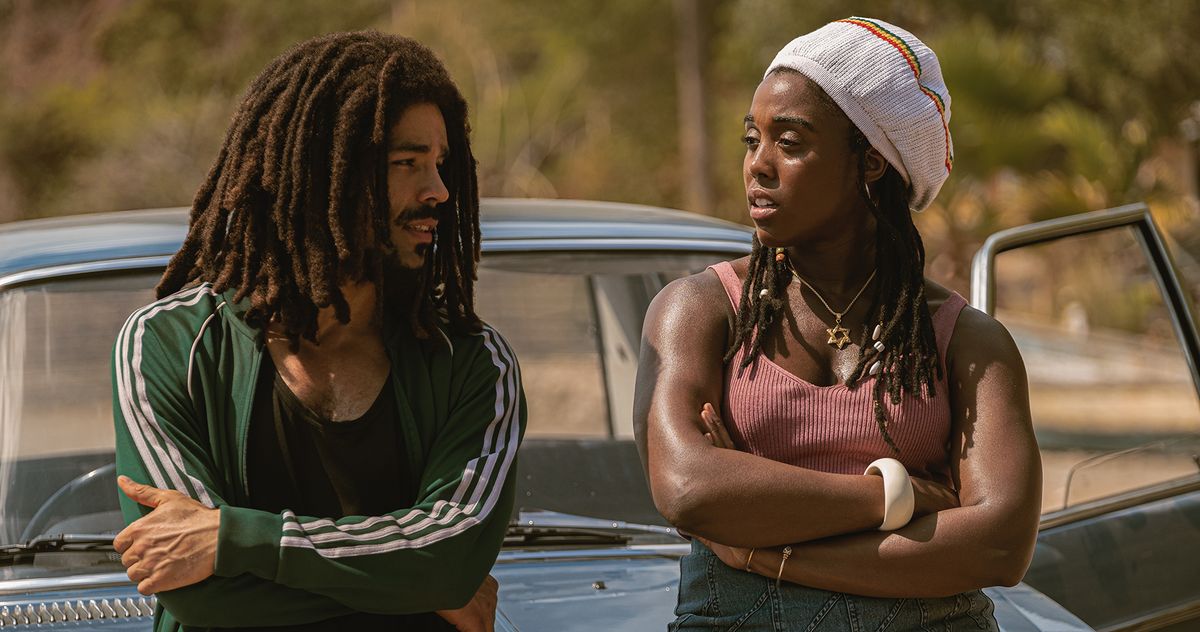
How Toni Basil Got the Rights to ‘Mickey’ Back
The United States Court of Appeals for the 9th Circuit Court granted a victory to Toni Basil last week, affirming a lower court decision. In the 8-page opinion issued by the Ninth Circuit last Wednesday, the judges ruled that Basil, referred to by her real name, Antonia Basilotta, owns the sole copyright to her 1981 debut album “Word Of Mouth,” which includes her breakthrough hit song “Mickey.”
Originally released as a single in the U.K. in 1981, “Mickey” made its way to the United States in 1982 to widespread success, with its iconic cheerleading-themed music video being played in heavy rotation on MTV and the new wave pop hit reaching No.1 on the Billboard Hot 100.
The origin of the legal dispute dates back almost a decade to 2013 when Basil filed a termination notice, effective June 2016, to reclaim her sound recordings’ copyright ownership, which was assigned to her record label, Radialchoice, when the works were created. According to a Copyright Act provision from 1976, an author can transfer and reclaim copyright 35 years after it was granted, provided the work is not a “work-for-hire” whereby an employer is deemed to be the author.
As per Basil’s court filings, the “termination provision was enacted to give artists the opportunity to regain rights they may have signed away when they had little bargaining power.”
However, a U.K. company called Stillwater Ltd, Radialchoice’s successor in interest, put up a fight, seeking a declaratory judgment in federal court in March 2016 to render Basil’s termination notice ineffective. Failing that, Stillwater wanted Basil’s ownership limited to 50%, alleging the recordings are “joint works” co-authored by record producer Mathieson and Basil, and that they inherited Mathieson’s 50% ownership interest in the work.
Following a bench trial in December 2019, U.S. Magistrate Judge Steve Kim ruled that Basil is the sole owner of the recordings, finding that there was not a preponderance of evidence to support that they are joint works. Stillwater appealed the decision to the Ninth Circuit who affirmed the lower court decision, stating, “Stillwater has not proved joint ownership by a preponderance of the evidence.”
In court filings, Stillwater argued that the relationship between record producers and performers on sound recordings is considered to be a collaboration in which joint authorship is presumed, provided “the producer completes his or her duties.” However, the Ninth Circuit stated in their decision that Stillwater didn’t provide expert testimony to support that claim, or demonstrate that Mathieson provided such duties, adding that there is even less reason to see Mathieson as having filled the traditional role of producer, given his producing inexperience at that time.
The judges also found that Basil had artistic and creative control of the works. “There is strong evidence that artistic control lay solely with Basilotta, not with the recording company or — by extension — Mathieson,” states the decision, which also notes, “Basilotta appears to have primarily wielded creative control, selecting songs and instrumental musicians, devising the creative concepts for the recordings, and even helping Mathieson mix the master tapes.”
Additionally, the judges found no indication that Mathieson and Basil intended to be co-authors of the recordings. As per the decision, “Stillwater’s own witness, the head of the recording company, testified that the notion of ‘joint authors’ never crossed his mind when he signed Basilotta as an artist.”
Lastly, as per the judges, Basil’s performance was the predominant reason for the audience appeal of the recordings, and the reason the head of Radialchoice signed Basil to the label was because he wanted “to produce albums with music videos not just recordings and Basilotta had unique audio-visual creativity.”
Basil’s attorney, Mark Lee of Rimon, P.C. tells Variety, “We’re pleased that the Ninth Circuit recognized the merits of my client’s case, and affirmed the judgment of the trial court. This decision helps clarify the difficult issue of copyright terminations and authorship under the Copyright Act.”
In addition to her career as an artist, Basil is a noted choreographer, whose credits include Taking Heads’ “Once in a Lifetime” video and Quentin Tarantino’s “Once Upon a Time in Hollywood,” and an actress, with roles in such films as “Easy Rider” and “Five Easy Pieces” and television’s “Laverne & Shirley,” where she played a character named Mickey.
Emails to Stillwater’s attorneys were unreturned at the time of publication of this article.










































![iFi's GO Bar Kensei Dongle DAC Supports K2HD Technology With Some Samurai Swagger [Updated] iFi's GO Bar Kensei Dongle DAC Supports K2HD Technology With Some Samurai Swagger [Updated]](https://i0.wp.com/cdn.ecoustics.com/db0/wblob/17BA35E873D594/33FF/45A11/QTXOLJR4xDKSNMMk2WlTgjaIlvSgcYpeU1xJzUwIoYs/ifi-go-bar-kensei.jpg?w=768&ssl=1)






















